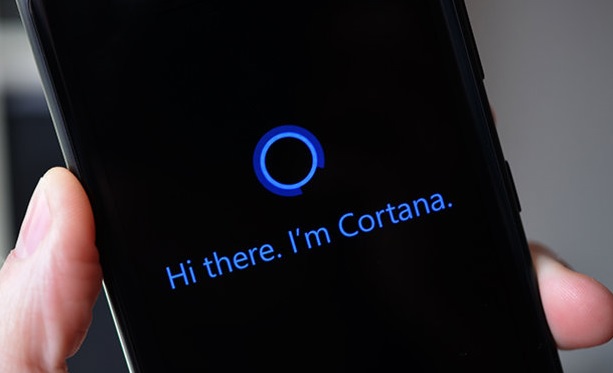Cortana, the virtual personal assistant currently only available Microsoft’s Windows Phone, is probably going to be released as an app for iOS and Android devices following the roll-out of Windows 10 later this year. If it is, as industry insiders predict, the app would be available for download in the Apple App Store and Google Play marketplace and would work exactly as it already does on the Windows Phone.

Cortana is expected to get a bit of a facelift, too, when the latest version is released. According to reports, Microsoft has been studying the potential for the virtual assistant through a research project called Einstein, and will roll out a more advanced version of the software in the fall.
“This kind of technology, which can read and understand email, will play a central role in the next rollout of Cortana, which we are working on now for the fall time frame,” said Eric Horvitz, Microsoft Research managing director, in a recent interview.
Cortana has already become known in the market as a more advanced application than her Apple counterpart, Siri. In addition to responding to questions and helping to manage tasks such as setting up a calendar event, as Siri does, Cortana takes that one step further, notifying and updating the device’s user with important, and often intuitive reminders. For example, if a user has a plane flight scheduled on his calendar, Cortana will notify him when he should leave for the airport, taking traffic and air traffic control updates into account.
One giant leap for virtual assistant-kind
News that Cortana would be coming to other platforms shakes up the more traditional approach to releasing virtual personal assistant software. Notorious for keeping software close to the chest, Apple’s Siri was likely never intended for a jump to another platform. And Google’s answer to Siri and Cortana – called Google Now – is only available for Android devices.
Yet, this isn’t the first time – nor will it likely be the last – that Microsoft has evolved its product line for successful migration to other platforms. In fact, just last year, Microsoft’s CEO Satya Nadella expressed that the company’s vision would incorporate a big focus on mobile and would look for ways to incorporate his company’s software into other operating systems. In June 2013, Microsoft rolled out its well-known Office applications such as Word, Excel and PowerPoint to other mobile platforms, including Apple’s iOS. Why? Well, Microsoft wants more users for their services, such as the Bing search engine. If Apple iOS users start using Cortana as their virtual assistant, she searches for answers on Bing, pulling those users away from search engine magnate Google.
Uphill battle?
While Microsoft may run into little resistance from Apple and Android for developing and releasing the Cortana virtual assistant software, the road may not be so smooth when it comes time to offer the software in the individual app marketplaces. Many will recall the lengthy, and it seemed – at times – insurmountable, feat to bring Google Maps into the Apple App Store. Microsoft and Cortana may fare a little better, however, as it seems that Apple has relaxed a bit on allowing direct competitors in the App Store following their eventual yield to allow Google Maps in the marketplace.
Only time will tell if – and how successfully – Cortana will integrate into other platforms. But the rumor mill is spinning, and the strategy does fit well with the overarching vision for Microsoft.
Via CNET
Advertisement
Learn more about Electronic Products Magazine





